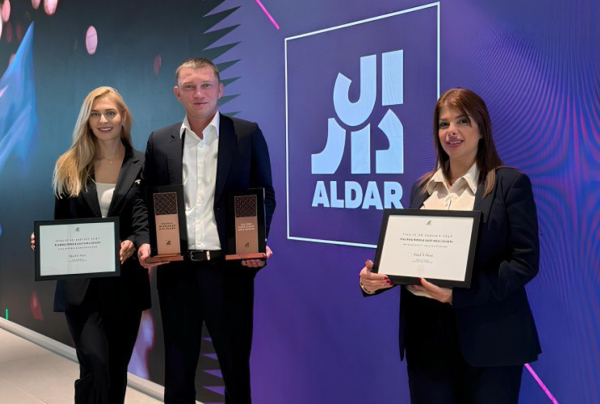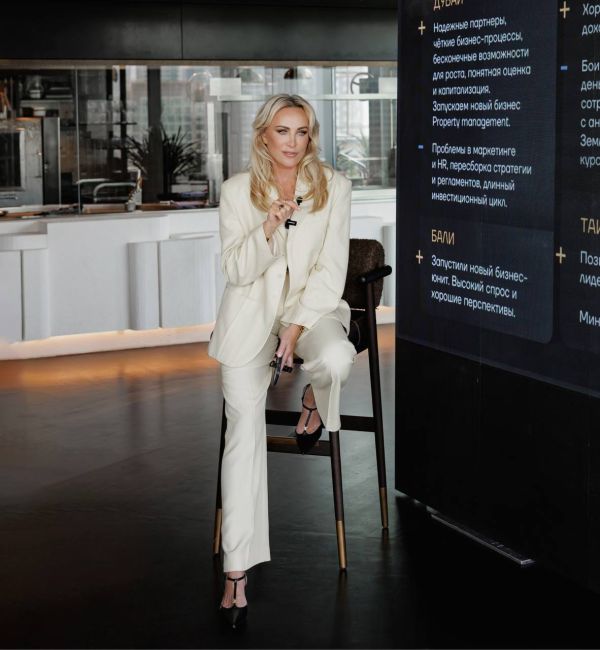The market has managed to adapt to shared construction, but there was a time when it did not exist and the properties under construction were still sold. In anticipation of the imminent repeal of shared construction legislation, the website "RIA Real Estate" asked experts to recall how buyers' funds were attracted before the adoption of Federal Law No. 214 and which of these schemes are likely to await us after its cancellation.
Housing Cooperative
A housing and construction cooperative (HCC) is a voluntary association of people aiming to construct, reconstruct, and manage an apartment building. Before the introduction of Law No. 214 in 2004, HCCs were quite popular, as the cost of shares could be repaid over many years, according to experts from the Metrium Group.
Currently, the scheme is not common, but after additional amendments to the legislation, HCC members could potentially replace shared construction buyers, believes Yana Glazunova, CEO of VSN Realty.
It is important to note that participating in an HCC does not provide the buyer with the same guarantees as signing a participation agreement (DDU). However, it is a legal option, says Andrey Kolochinsky, Managing Partner of VectorStroyFinance. Roman Rodiontsev, Head of Key Partners Relations at Est-a-Tet, adds that the most well-known example of the use of HCCs is "SU-155", which practically only sold properties using this scheme.
Additionally, Kolochinsky points out that HCC participants bear the risk of losses from cooperative activities and are obliged to cover any resulting losses through additional contributions. Thus, there is a risk of an increase in the property's cost, which cannot be predicted at the time of joining the HCC.
After the cancellation of shared construction, there will most likely be a surge of interest in HCCs and reservation of apartments. At the same time, old fraudulent schemes will be revived and new ones will emerge due to the expected increase in housing prices. People will be looking for any opportunity to save money, according to Glazunova.
Preliminary Agreements
Several types of preliminary agreements for property sales are known, such as the preliminary sales agreement or the preliminary agreement for participation in shared construction, notes Ekaterina Rumyantseva, Chairman of the Board of Directors at Kalinka Group. Interestingly, these schemes are essentially illegal, but if we judge by the discussions on buyers' forums, they are still being practiced. The preliminary sales agreement is a highly controversial means of acquisition, as in this case, the buyer does not participate in the construction and is not even an investor, laments Natalya Shatalina, CEO of Miel-NovyStroiki. Furthermore, the parameters of the apartment, such as the area, characteristics, and final cost, are not clearly specified in such agreements, she adds. Kolochinsky adds that the risk for the buyer in such a scheme is the lack of legal guarantees. In the event of the developer's bankruptcy, the buyer's rights are not secured. If all the apartments in the building are subsequently sold to third parties, the buyer cannot compel the developer to transfer the apartment but can only get a refund. The developer is not responsible for the delivery of the property to the buyer, only for the deadline for signing the main contract.
As for the preliminary participation agreement (DDU), according to Kolochinsky, it is essentially an agreement of intent to sign a real DDU. The preliminary DDU is not subject to state registration, meaning it cannot eliminate the risk of "double sales."
Scheme with a Bill of Exchange
In this scheme, the buyer acquires a bill of exchange that can be used to pay off the main contract (for example, a preliminary sales agreement or a purchase and sale agreement) for a particular property. "There have been cases where dummy companies arose around the property, supposedly selling directly from the developer through a bill of exchange, and the developer and selling companies were unaware of the existence of such 'colleagues'," recalls Rodiontsev. These scammers sold these bills of exchange, and buyers then went to the developer but received nothing. The developer was accused of double sales, but it turned out that the scammers were the ones at fault, he emphasizes.
This scheme was actively used and was convenient for developers. However, for shared investors, the risk of double sales of the apartment remained, notes Vasily Sharapov, a lawyer at City-XXI vek. In 2016, the legislator introduced criminal liability for developers who attract financing for shared construction from citizens in violation of the law, adds the lawyer.
Investment and co-investment agreements
The sale under an investment and co-investment agreement still exists today, Rodiontsev notes. In this case, the buyer is essentially an investor in the amount specified in the agreement, and the object of purchase is recorded in the document, but its replacement may be provided depending on how the agreement is formulated.
For example, the developer concluded an investment agreement with the city, based on which the city provided him with a plot of land, and the developer, in turn, transferred the house, the expert explains. Developers also wanted to attract funds from citizens, for which a co-investment agreement was used, transferring rights under the investment agreement. And if the city had to transfer more apartments, individuals had to acknowledge their rights through the courts, Rodiontsev explains.
Insurance agreements
In addition to any agreement (sale and purchase agreement, preliminary contract, contract of sale and purchase of an apartment), insurance agreements could also be concluded, Rodiontsev continues. They were a kind of voluntary liability insurance under the agreement.
Even more risky options were used for buyers: for example, a reservation and insurance agreement, when a part of the money (from 10% to 50%) for the purchase of apartments was proposed to be formalized as insurance against the risk of non-performance of contractual obligations by the developer, Rumyantseva adds.
Part of the cost of the object was actually paid in the form of an insurance premium, reducing the cost of the object under the main agreement. All of this was done for tax optimization purposes, Rodiontsev clarifies.
Contract for subcontracting
Construction subcontract agreements were concluded between buyers and developers, Shatalina explains. The subject of the contract was specific real estate objects, in which it was stipulated that the developer must build a house within a certain period of time, and the customer, on their part, must accept it and pay the specified price. The construction organization dealt with all the issues, for example, agreed that a certain plot of land would be owned by the construction subcontracting organization on leasehold terms. Then the organization collected money from buyers, she explains.
The downside of this scheme was that such contracts were not registered anywhere, and the accounting of concluded transactions and financial activities was carried out exclusively by the construction subcontracting organization, Shatalina notes.
Furthermore, when the house was already built, difficulties often arose with the registration of property rights, because disputes with landowners and resource supply organizations occurred after the completion of construction, the expert explains.
It is doubtful that any of this will fully return, said Evelina Ishmetova, Director of Consulting and Development at the investment company Key Capital: 90% of the population buys an apartment once in a lifetime, so people will strive to protect themselves as much as possible. "I believe that only desperate buyers can resort to old schemes," she concludes.













